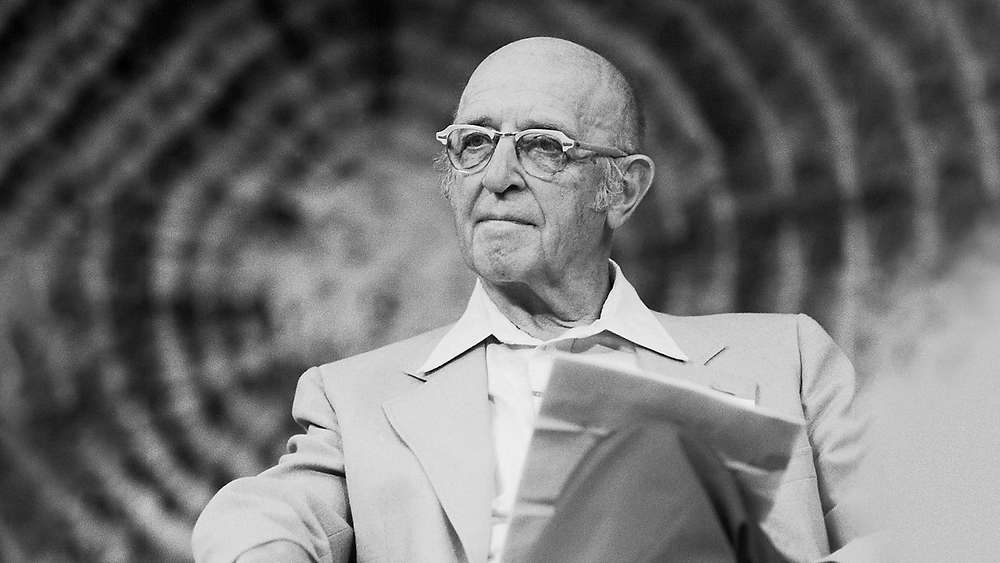Living in a state of incongruence

According to Carl Rogers, oftentimes we can find ourselves living in a state of incongruence, a place where we feel our authentic self crying for attention, because we’re misaligned with who we truly want to be and the self image or self concept we have of ourselves.
A negative self image can take place because we’ve introjected external messages and made them into our own beliefs and ideas of who we should be. This persona we create is an amalgamation of our family belief systems, exposure to social constructs and ideas of what ‘what we should really do’ and ‘who we should really be’.
Being in a state of incongruence is uncomfortable and can even be depressing, its a feeling of quiet desperation where we can, not only feel miserable but can also make ourselves physically ill, especially if we’re facing this misalignment alone. Most of us can find ourselves on a spectrum of disconnection and dissatisfaction at certain points in life, the problem is when this situation becomes chronic and we become stuck. Intuitively one senses when a situation isn’t right yet ignoring internal messages and trying to rationalise what we’re doing becomes a default coping mechanism. We can spend years rationalising a decision clearly wasn’t meant to be, two things can happen when we avoid dealing with uncomfortable situations, either we’re forced to bite the bullet and listen to our inner knowing (usually through a crisis) or we enter into a spiral of avoidance strategies to not feel the fear of having to confront our own truth and doing something about it. In the first scenario a crisis can be a turning point, a moment of struggle with a silver lining, looking back it can the best thing that could have happened, yet moving through it, understandably, can feel like the worst moment of our life. Avoidance strategies can lead to addictions and even more disconnection pushing us away from the life we’re meant to have. We can find ourselves in our senior years living with regrets or still woking on our escape mechanisms in very sophisticated ways, such as projecting blame on others or on circumstances, the blame game can lead us down a path of victimisation and resentment.
How do we pay attention to our inner self and take steps towards self actualisation ?
Take time to stop every once in a while, reflect on your day, on your week … be brutally honest with your current situation, are you thriving , enjoying life, feel like you’re living the life you want ? Or is the highlight of the day those end of day drinks or binge watching episodes of your favourite show. It’s normal to go through difficult phases and unpleasant moments, the problem is when these phases become chronic and make us unhappy when we feel we’re in a dead end without hope.
Taking accountability for our situation takes courage is an exercise of radical honesty which can be quite scary, its the moment we move away from victimhood and realise, in a way that things are the way they are because we’ve allowed them to run their own course, at the same time we’re terrified of changing anything. After this realisation comes around we might feel relieved to understand our deeper inner needs yet from here action has to follow, this means taking small steps towards an ideal situation, working on that which takes us from a to b. Doing anything too drastic can be overwhelming and cause the complete opposite, striking a balance requires being under tolerable stress, too much ease means not enough action is taken, too much or too fast will be overwhelming and can backfire.
Sticking towards what’s good and meaningful to us is priceless, self love and self respect will create the momentum to push through obstacles and setbacks. Everything external will pale in comparison when we start practicing radical self loyalty.
Carl Rogers and Abraham Maslow developed humanistic therapy to apply the science of psychology to bring out the best in people.
These are the core concepts humanistic therapy was founded on:
- By nature humans are good and naturally strive to improve themselves and their world.
- People seek to self actualize and become the best version of themselves
- Everyone has subjective and unique experiences which should be the starting point of their therapeutic process.
- Therapy should aim at understanding the person holistically
- People can reach their full potential when treated with a empathy and unconditional positive regard.
Recommended reading:
On becoming a person by Carl Rogers 
